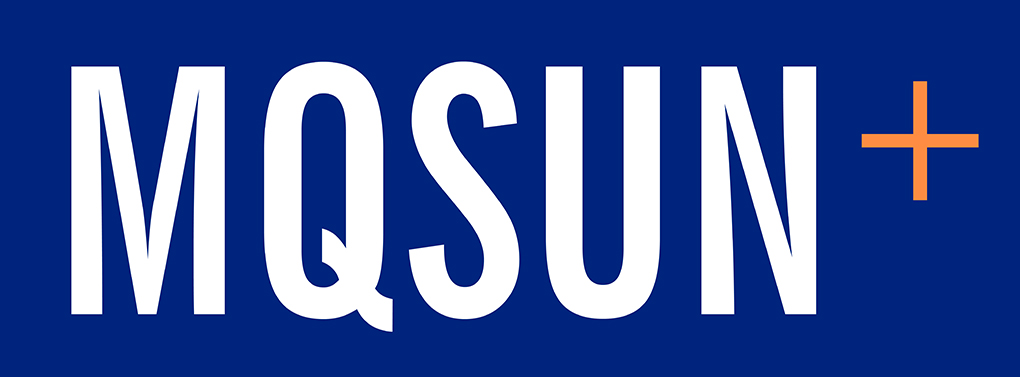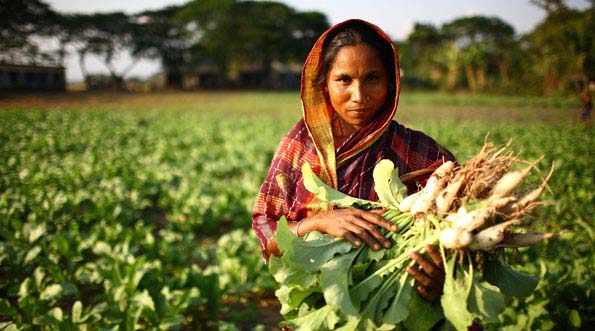The United Kingdom’s Department for International Development’s (DFID) Programme to Accelerate Improved Nutrition for the Extreme Poor in Bangladesh aims to improve nutrition outcomes for children, mothers and adolescent girls by integrating the delivery of a number of nutrition-specific (or direct) interventions with the livelihood support provided to extremely poor people by three existing programmes in Bangladesh. These three programmes are the Chars Livelihoods Programme (CLP), the Economic Empowerment of the Poorest Programme (EEP) and the Urban Partnership for Poverty Reduction Programme (UPPR).
The purpose of this interim mixed method report is to integrate the findings from the quantitative baseline and the first qualitative data collection to establish the context in which the livelihood and nutrition interventions are embedded and against which the effectiveness of the interventions will be assessed.
The report collates information on the following three areas:
- The features, opportunities and challenges of the existing livelihood interventions and their potential effect on nutritional status;
- The nature of child undernutrition and its potential reasons across the three programme sites; and
- The social, economic and cultural context across the three programme sites.
The aim is to identify behaviours, conditions and factors that may hinder and/or facilitate the uptake and effectiveness of the nutrition interventions in conjunction with the livelihood interventions.


